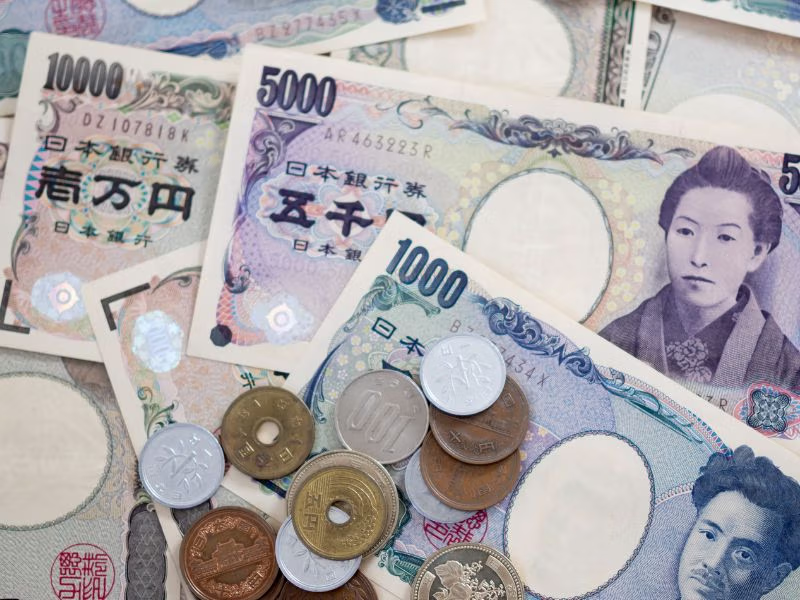Japan recorded a current account surplus of 3.78 trillion yen (approximately $24.9 billion) in August, marking a 4.8% decline compared to the same period last year, according to data released by the Finance Ministry. The dip was largely due to a drop in income from overseas investments.
Primary income, which includes dividends and interest earnings from Japanese assets held abroad, fell by 11.5% to 4.30 trillion yen, reflecting weaker returns from foreign markets.
Despite the decline in investment income, Japan’s trade balance showed improvement. The goods trade posted a surplus of 105.9 billion yen, reversing a deficit from the previous year. This shift came as imports decreased by 6.0% to 8.25 trillion yen, while exports dipped slightly by 0.4% to 8.36 trillion yen. The lower import figure—potentially driven by falling commodity prices or reduced domestic demand—was enough to push the trade balance into the black.
Overall, while Japan maintains a solid current account surplus, the narrowing gap highlights the country’s growing reliance on consistent returns from overseas investments and shifts in global trade flows.





